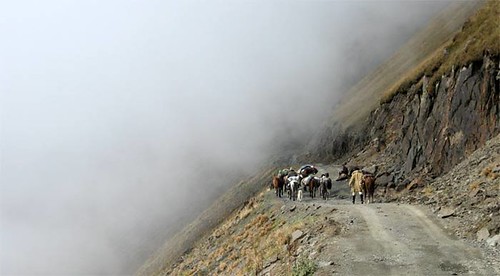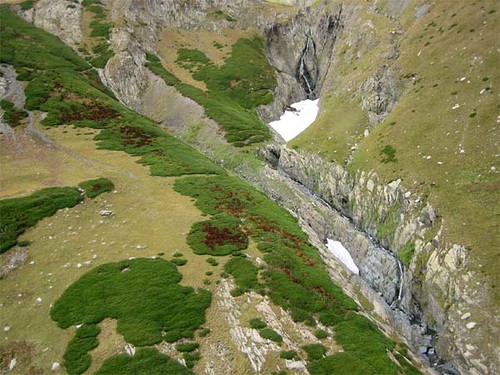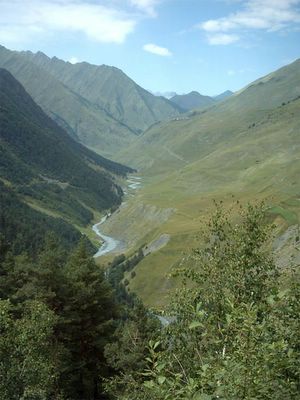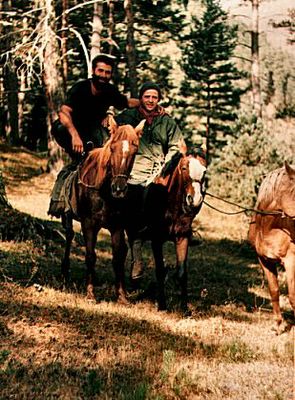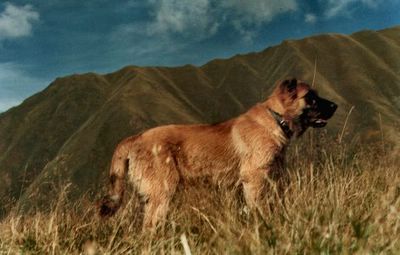Until the middle of the 19th century, the Bats lived in Tushetia, the mountain region of Northwest Georgia. The Tsova Gorge in Tushetia was inhabited by four Bats communities: the Sagirta, Otelta, Mozarta and Indurta. Later they settled on the Kakhetia Plain, in the village of Zemo-Alvani, where they still live. Administratively they are part of the Akhmeta district of Georgia. There are some families of Bats in Tbilisi and other bigger towns in Georgia.
Bats belongs to the Nakh family of Caucasian languages. Most speakers of Bats live in the village of Zemo-Alvani, on the Kakhetia Plain, in the Akhmeta district of Georgia. There are some families of Bats in Tbilisi and other bigger towns in Georgia.
Bats, or Batsi, Batsbi, Batsb, Batsaw, is the language of the Bats people, a Caucasian minority group, and is part of the Nakh family of Caucasian languages. It had 2,500 to 3,000 speakers in 1975. There is only one dialect. It exists only as a spoken language, as the Bats people use Georgian as their written language. The language is not mutually intelligible with either Chechen or Ingush, the other two members of the Nakh family.
See the whole Article at Wikipedia here
